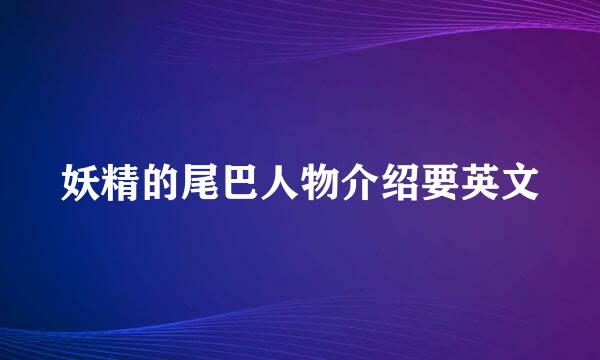
元旦(1月1日)NewYear'sDay 春节(农历一月一日)theSpringFestival 元宵节(农历一月十五日)theLanternFestival 国际劳动妇女节(3月8日)InternationalWorkingWomen'sDay 植树此仿节(3月12日)ArborDay 邮政节(3月20日)PostalDay 世界气象节(3月23日)WorldMeteorologyDay 清明节(4月5日)ChingMingFestival;Tomb-sweepingFestival 国际劳动节(5月1日)InternationalLabourDay 中国青年节(5月4日)ChineseYouthDay 护士节(5月12日)Nurses'Festival 端午节(农历五月初五)theDragonBoatFestival 国际儿童节(6月1日)InternationalChildren'sDay 中国共产党成立纪念日(7月1日)theParty'sBirthday 建军节(8月1日)theArmy'sDay 中秋节(农历八月十五)Mid-autumn(Moon)Festival 教师节(9月10日)Teachers'Day 重阳节(农历九月桐桐九日)Double-ninthDay 国庆节(10月1日)NationalDay 除夕(农历十二月三十局扒坦日)NewYear'sEve There are several important festivals in Chinese history and tradition. One of them is Chinese Spring Festival. This is the first festival in luner calendar. It means the very beginning of the coming year, so that people are fond of making full plans and arrangements for this year. In the festival, adults who have got married are accustomed to give lucky money to their children or the young who are still single. Other important traditional festivals include The Mid-autumn Day, The Dragon Boat Festival and so on. All Chinese people treasure these festivals greatly, because they have a long history and represen the Chinese culture.



